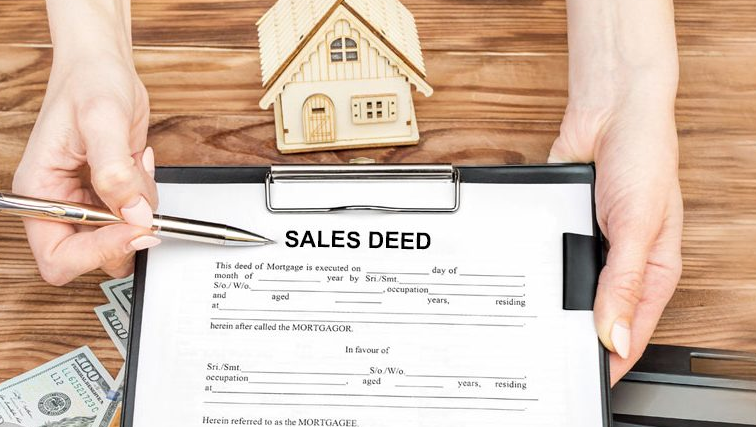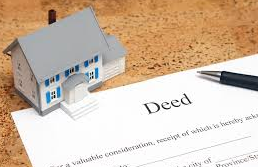What is a Sale Deed?

A sale deed, aka a conveyance deed or property sale deed, is a legal document that officially transfers property ownership from the seller to the buyer. It acts as conclusive evidence of the sale and purchase of the property, outlining the terms and conditions of the transaction. The sale deed is typically executed after the buyer and seller agree to the sale price and other related terms.
Necessary documentation for creating a sale deed

When preparing a sale deed, it’s crucial to gather a set of key documents from the property seller to confirm their ownership and ensure all legalities are in order. The following documents play a pivotal role in the preparation of a sale deed:
| Document Type | Description |
|---|---|
| Preliminary Sale Agreement | An initial agreement between buyer and seller detailing terms, payment schedule, property description, and possession date. |
| Proof of Payments | Receipts for utility payments (electricity, water, etc.) that demonstrate regular maintenance and use of the property by the seller. |
| Receipts of Property Tax | Documents showing consistent payment of property taxes by the seller to validate their legal ownership. |
| Encumbrance Certificate | A declaration that the property is free from legal issues, debts, or liens, ensuring clear title transfer. |
| Approved Building/Plan Layout | A document confirming the propertys structure or land conforms to legal standards and regulations. |
| No Objection Certificates | Required especially for flats or buildings, these are obtained from various government departments to verify legal compliance in property development. |
| Completion Certificate | For flats or buildings, it confirms that construction adheres to the approved plan. Essential for the sale process. |
| Occupancy Certificate | Necessary before executing the sale deed for a flat or building, affirming the property is habitable and built according to the sanctioned plan. |
| Allotment Letter | Issued by a housing society or governmental body, detailing the property booked and payments made by the buyer. |
| General Power of Attorney | If the property sale is handled by a representative, this verifies the seller’s authorisation for this person to conduct the sale. |
Things to keep in mind before executing a sale deed

Before the execution of the sale deed, the buyer should ascertain that the title of the property is free of all encumbrances. Verification of the encumbrance status from the registrar’s office is a must for the buyer purchasing the property. After ensuring that the property is free from encumbrances, the purchaser should also corroborate that all the statutory payments such as water/electricity bill, cess, property tax and maintenance charges have been cleared and no further dues or permission is pending for the transfer of property through a sale deed.
More from Knowledge Centre
Stay updated on the latest developments in the Indian real estate industry by following Knowledge Centre.
Our platform offers valuable insights, news, and updates, along with informative articles, expert opinions, and market reports. With reliable and accurate information, it’s a go-to destination for anyone seeking knowledge about the Indian real estate sector.